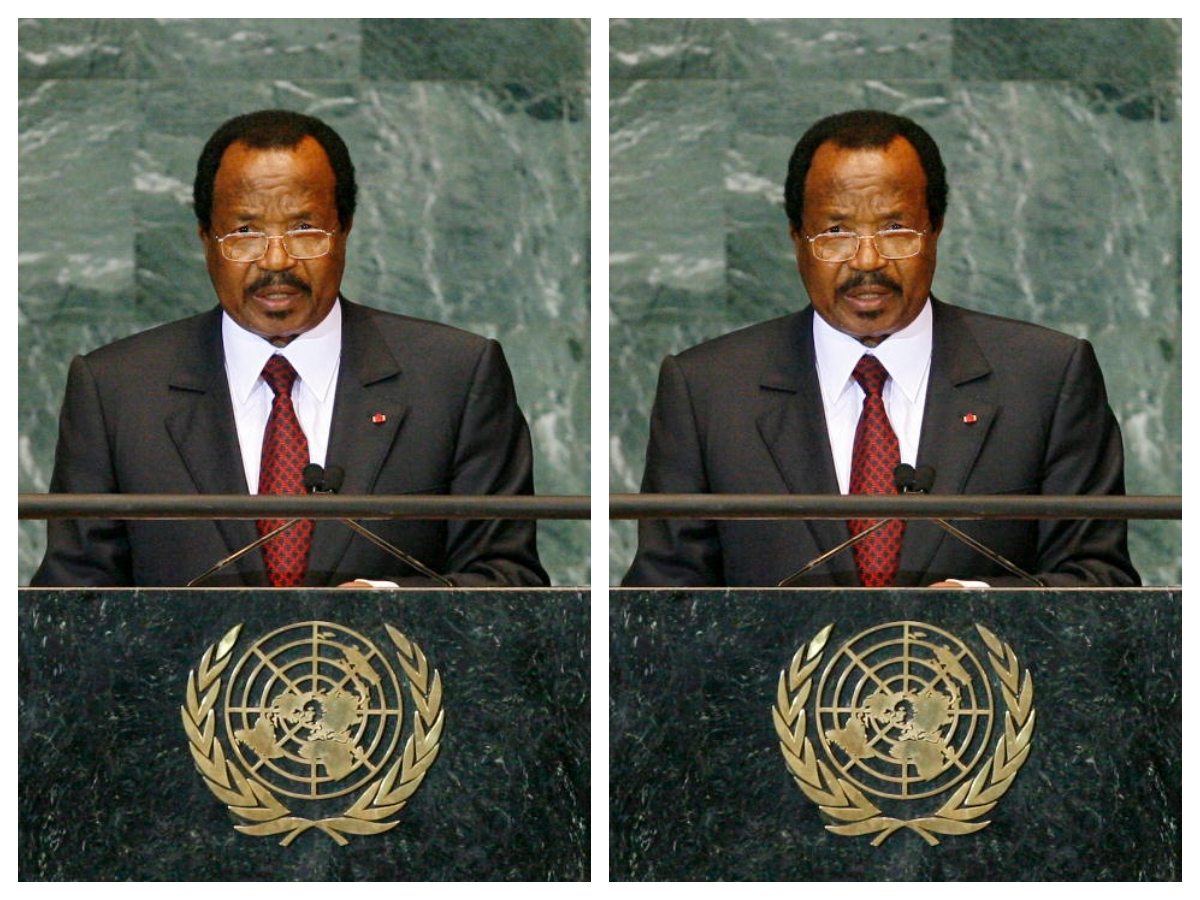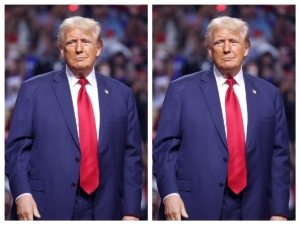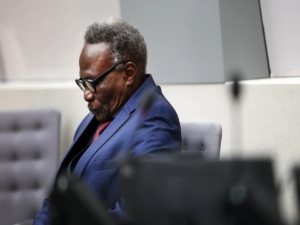Cameroon’s long-serving leader Paul Biya made a rare public appearance on Tuesday, launching his re-election campaign with a rally in the Far North region, a key battleground in the country’s October 12 presidential election. At 92, Biya is the world’s oldest sitting head of state and is seeking to extend his 43-year rule for an eighth term.
Speaking to thousands of supporters gathered in Maroua, Biya pledged to tackle insecurity, youth unemployment, and poor infrastructure in the area, which has long suffered from extremist violence and economic neglect.
“I am well aware of the problems that concern you, I know the unfulfilled expectations that make you doubt the future,” Biya told the cheering crowd. “Based on my own experience, I can assure you that these problems are not insurmountable.”
The Far North region, repeatedly hit by Boko Haram attacks and kidnappings, represents nearly one-fifth of Cameroon’s 8.2 million registered voters. Two of Biya’s opponents in the race, Bello Bouba Maigari and Issa Tchiroma Bakary, both former allies, command significant influence in this largely Muslim and impoverished area.
Biya’s campaign outing followed his recent return from a weeklong private trip to Switzerland. AP’s report indicated that no official explanation was provided for the visit, though the president has frequently traveled to Europe for medical care in recent years.
Critics argue that Biya’s advanced age and frequent absences have weakened his leadership. Under his long rule, the Central African nation of nearly 30 million has been plagued by corruption, separatist conflicts in the west, and economic stagnation despite its wealth in oil and minerals. The U.N. estimates that 43% of Cameroonians live in poverty based on income, education, and health indicators.
Despite mounting challenges, Biya remains the favorite in the upcoming polls. His strongest rival, opposition leader Maurice Kamto, was disqualified from the race in August, leaving a fractured opposition to face the ruling party’s formidable political machinery.
Past elections in Cameroon have faced widespread criticism over credibility, with electoral bodies accused of favoring Biya’s government. A constitutional amendment passed in 2008 removed presidential term limits, paving the way for Biya’s continued hold on power.
READ ALSO: Ten more migrants sent from U.S. to Eswatini as Africa deportation pact deepens










